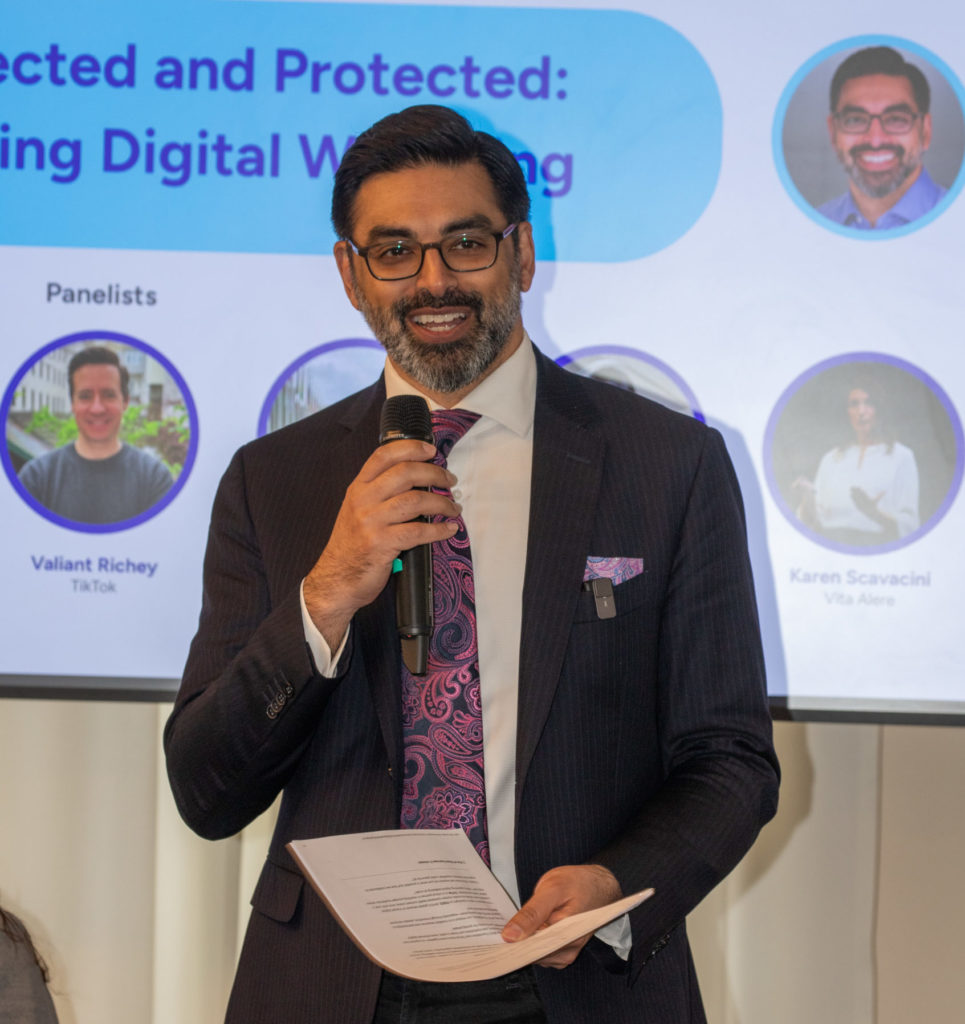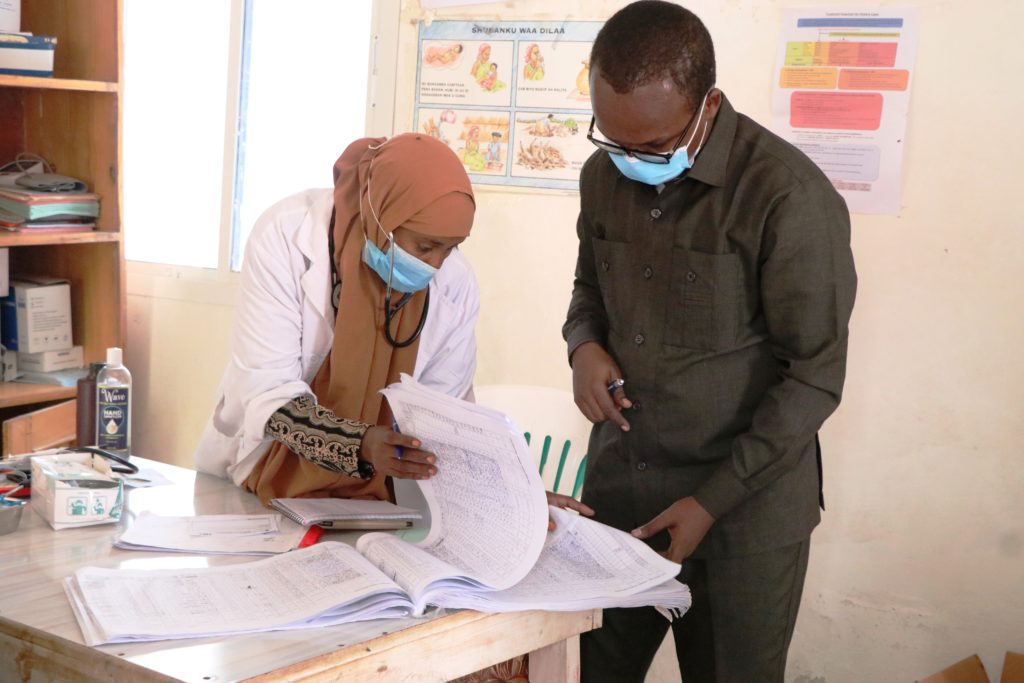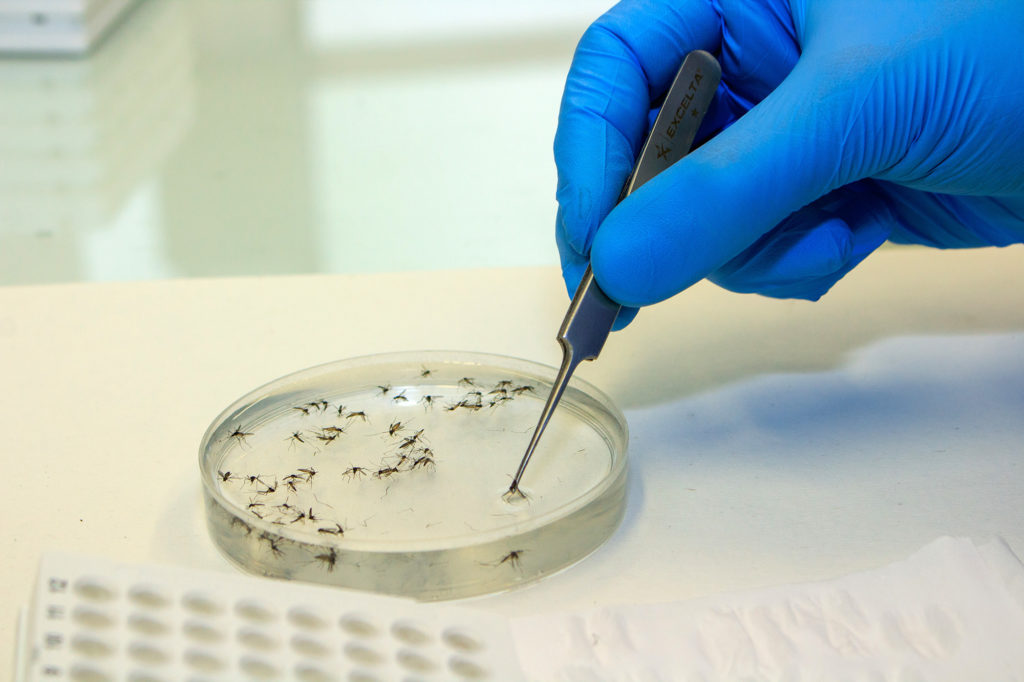Reflections on the World Health Assembly 2025

Anil Soni, WHO Foundation CEO addresses a side event on digital wellbeing at the World Health Assembly 2025. Credit: WHO Foundation
WHO's successes at its annual meeting and how cross-sector collaboration is helping address today's most pressing health needs.
by Anil Soni, CEO, WHO Foundation
The World Health Assembly 2025 marked both milestones in global health and significant progress for the WHO Foundation’s mission. The Pandemic Agreement was adopted by member states – the result of more than three years of hard negotiations and a testament to the power of collective action to enhance global preparedness for future infectious disease outbreaks. The accord aims to improve the response to future pandemics. It emphasizes the principles of equity, solidarity, transparency, and accountability, and mandates the sharing of genetic data on potential pandemic pathogens and ensuring equitable access to vaccines and treatments.
Member states committed to a 20 percent uplift in their contribution to WHO’s 2026-2027 budget, a valuable affirmation at a time when WHO faces a funding shortfall as a result of the US withdrawal, USAID cuts and reductions in contributions from other member states. Above all, the WHA confirmed that:
- WHO is not retreating—it’s evolving. Strategic adjustments and organizational restructuring are designed to strengthen delivery, not diminish it.
- All core programs—emergency preparedness, disease control, health systems strengthening, digital health, NCDs, climate and health—remain fully supported and prioritized.
- The WHO’s global mandate and reach, coupled with its ability to convene and coordinate, continues to offer unmatched value to governments and partners alike.
At the WHO Foundation, we remain steadfast in our belief that, not only collective action, but cross-sector collaboration is essential to address the most pressing health challenges of our time.
A Week of Action for the WHO Foundation
We convened, co-hosted and participated in strategic events on topics as diverse as childhood obesity and oral health to the role of the insurance sector in protecting people’s health in extreme weather. We were honored to host representatives from philanthropy, business, government, and civil society. Our aim: to catalyze bold solutions and elevate the role of the private sector in global health.
Key moments included:
The Triple Win Event organized by Boehringer Ingelheim and the NCD Alliance: focused on integrating lived experiences into health systems and policies, co-creating value for patients, governments, and providers.
Global Coalition on Oral Health Workshop: furthered the call to action to advance universal health coverage for oral health by 2030, and mobilized non-state actors around the global oral health agenda.
Childhood-Onset NCDs: we spotlighted the growing public health challenge of diabetes and obesity, and emphasized the urgent need for policies, innovations, and partnerships to tackle NCDs in countries.
Digital Innovation Investment Platform: we demonstrated how strategic cross-sector investments can accelerate digital health at scale.
The Power of Partnerships: a vibrant discussion on the evolving role of business in global health delivery and policy influence.
The Role of Insurance in Climate and Health: with Prudence Foundation, we examined the role of the insurance industry in strengthening community health resilience to climate shocks and climate-sensitive diseases.
Digital Wellbeing: two powerful sessions co-hosted with Sync/Ithra and TikTok, examined mental health in the digital era, data ethics, and empowering youth-led health innovation in health.
Across these sessions, one theme stood out: the future of global health will be built not just in ministries or boardrooms, but through meaningful partnerships and local innovation.
Catalytic Commitments: Private Sector Stepping Up
This WHA was marked by major funding announcements that underscore how philanthropy and business can unlock systems-level change.
- The ELMA Foundation pledged $2 million—to be matched for a total of $4 million—to scale the GMRLN rubella and measles laboratory network. This investment will accelerate regional disease detection and outbreak response.
- Laerdal Global Health announced a $12.5 million commitment to support acute emergency response and health systems resilience—especially critical in the face of climate-related health crises and is aiming to raise an additional $12.5 million to scale the impact of this important work.
- Organizations such as Sync/Ithra, TikTok, Boehringer Ingelheim, and Prudence Foundation demonstrated how non-traditional players can bring energy, creativity, and scale to the health ecosystem. We are grateful to all partners who came forward not only with funding, but with a commitment to co-create, innovate, and lead alongside the WHO and member states.
Policy Milestones: Turning Global Agreements into Opportunity
Beyond side events and pledges, the WHA delivered on several historic policy decisions that matter deeply to our partners and supporters. These included but are not limited to:
- The draft Political declaration of the fourth high-level meeting of the General Assembly on the prevention and control of noncommunicable diseases and the promotion of mental health and well-being was released on May 13, 2025. This draft forms the core framework for the new, ambitious political declaration on NCDs and mental health conditions that heads of state are set to adopt at the UN General Assembly in September 2025. It highlights the need for prevention, screening and diagnosis, integrated management and care, and expanding access to essential medicines and treatments.
- Member States unanimously adopted a resolution declaring skin diseases a global public health priority. Recognizing their significant burden, visibility, and potential for stigma, the resolution addresses critical gaps in awareness and surveillance. It urges coordinated country action on financing, resources, and access to essential medicines, calling for WHO leadership in this field. Through our partnership with L’Oreal Dermatological Beauty, the Foundation is supporting WHO to reduce stigma and promote greater understanding about skin health, including conditions associated with neglected tropical diseases.
- The Commission on Social Connection: Addressing Loneliness as a Public Health Priority: the Assembly agreed the first ever resolution on integrating social connection into national and international health efforts. It has been recognized that addressing social factors like loneliness and isolation plays a crucial role in reducing the risk of non-communicable diseases such as strokes and dementia, not just in the context of mental health. This follows the launch of the WHO Commission on Social Connection. At the WHO Foundation we stand behind this initiative and call on our partners to help make it a global success story.
The future will require agility, but our mission remains unchanged: a healthier, more equitable world.
Looking Ahead
WHA 2025 reaffirmed to us that we are stronger together. From financial pledges to digital innovation and inclusive governance, this year’s Assembly was a clear turning point in how the world approaches health equity, resilience, and innovation.
To all our partners, allies, and fellow changemakers: thank you for standing with us. We have much more to do—and we’re just getting started.
Let’s build a healthier, more resilient world together.




